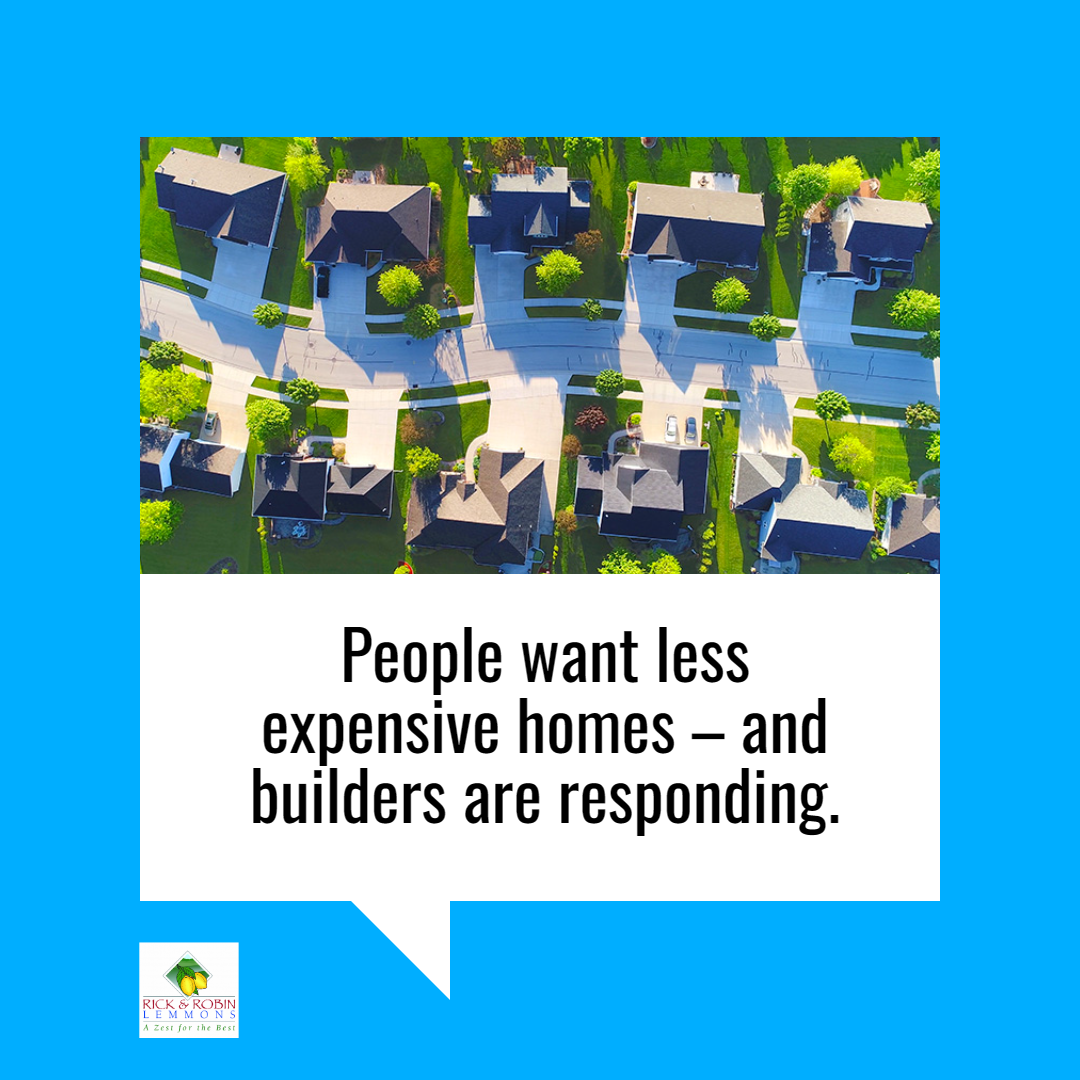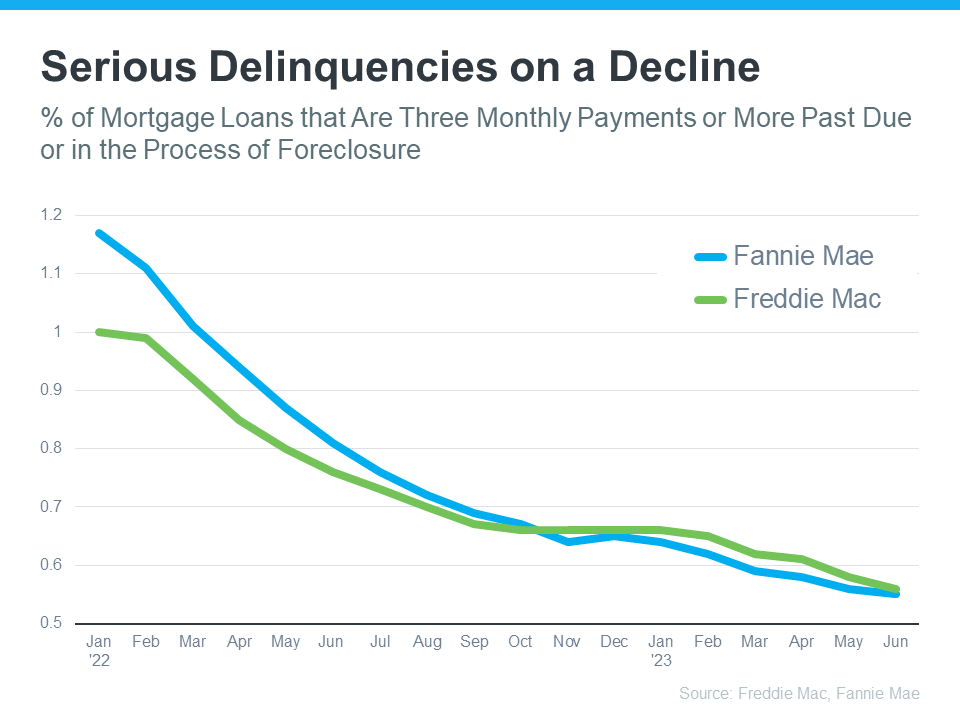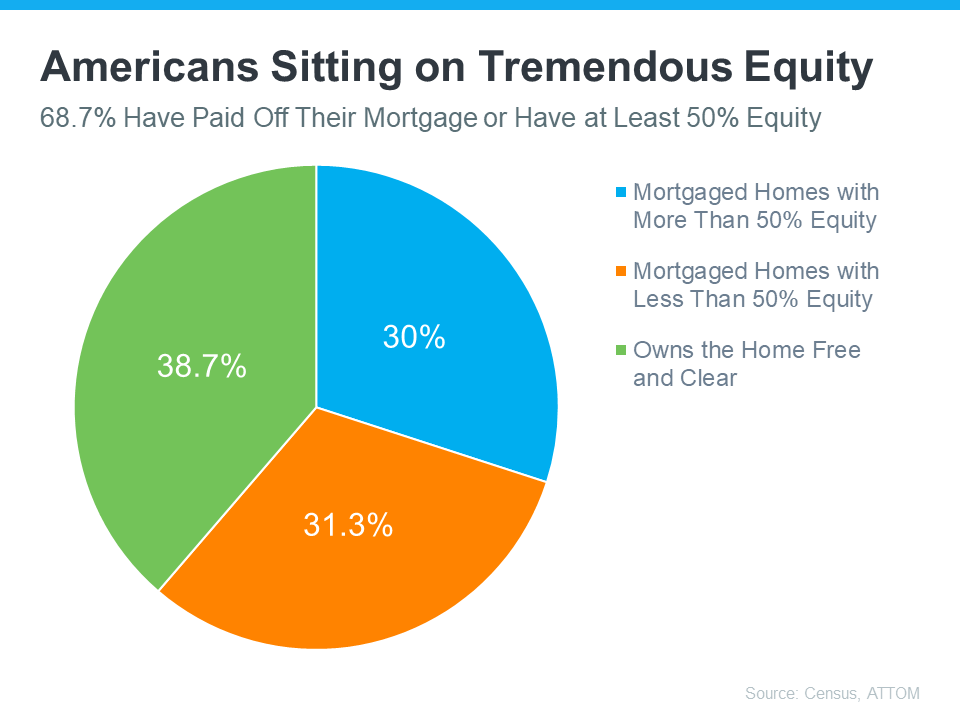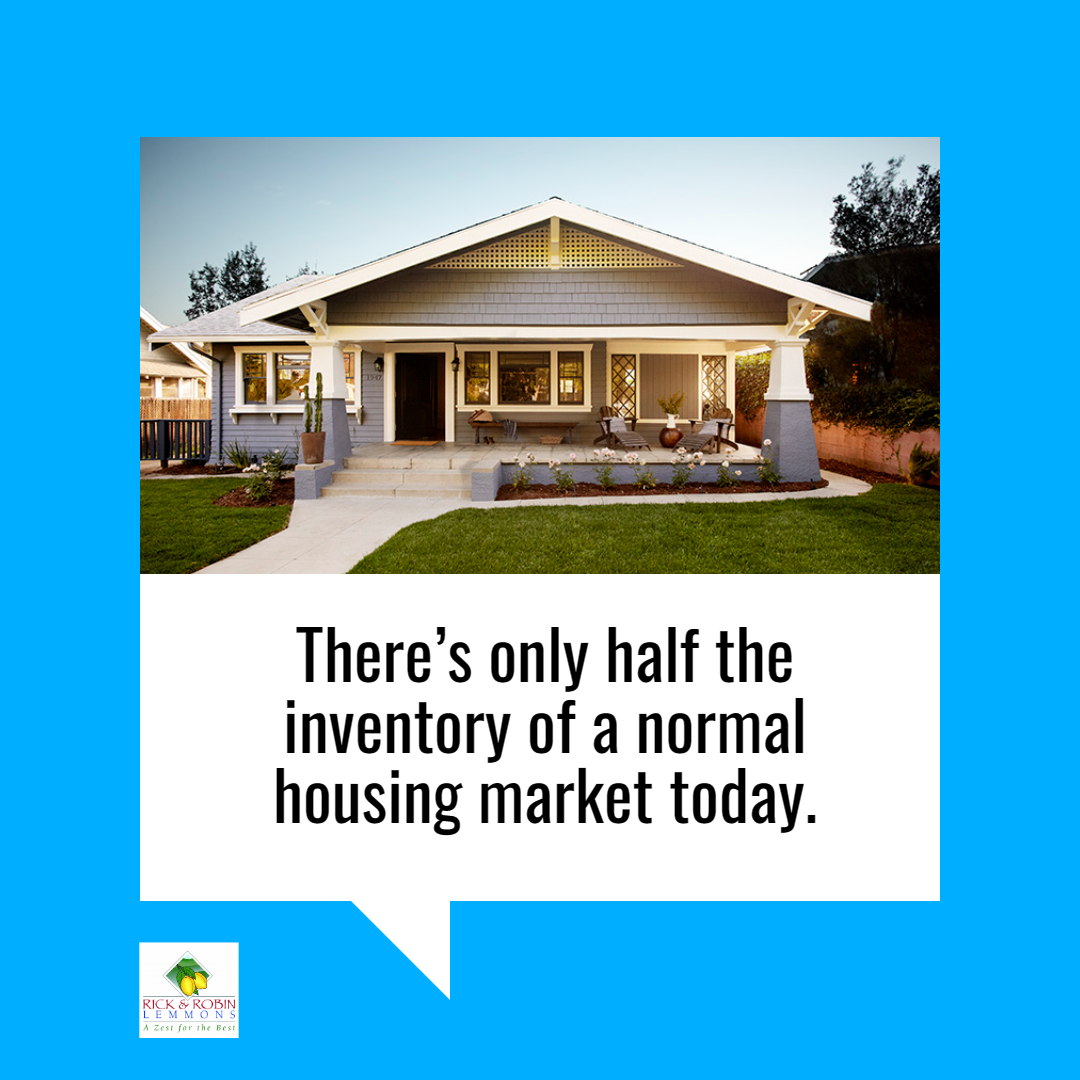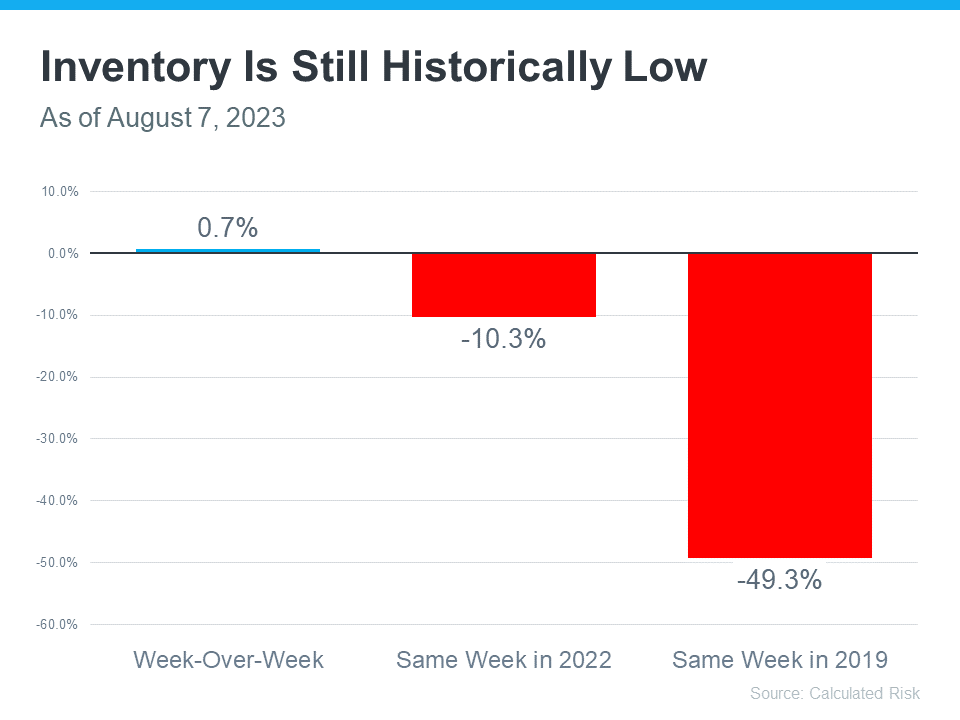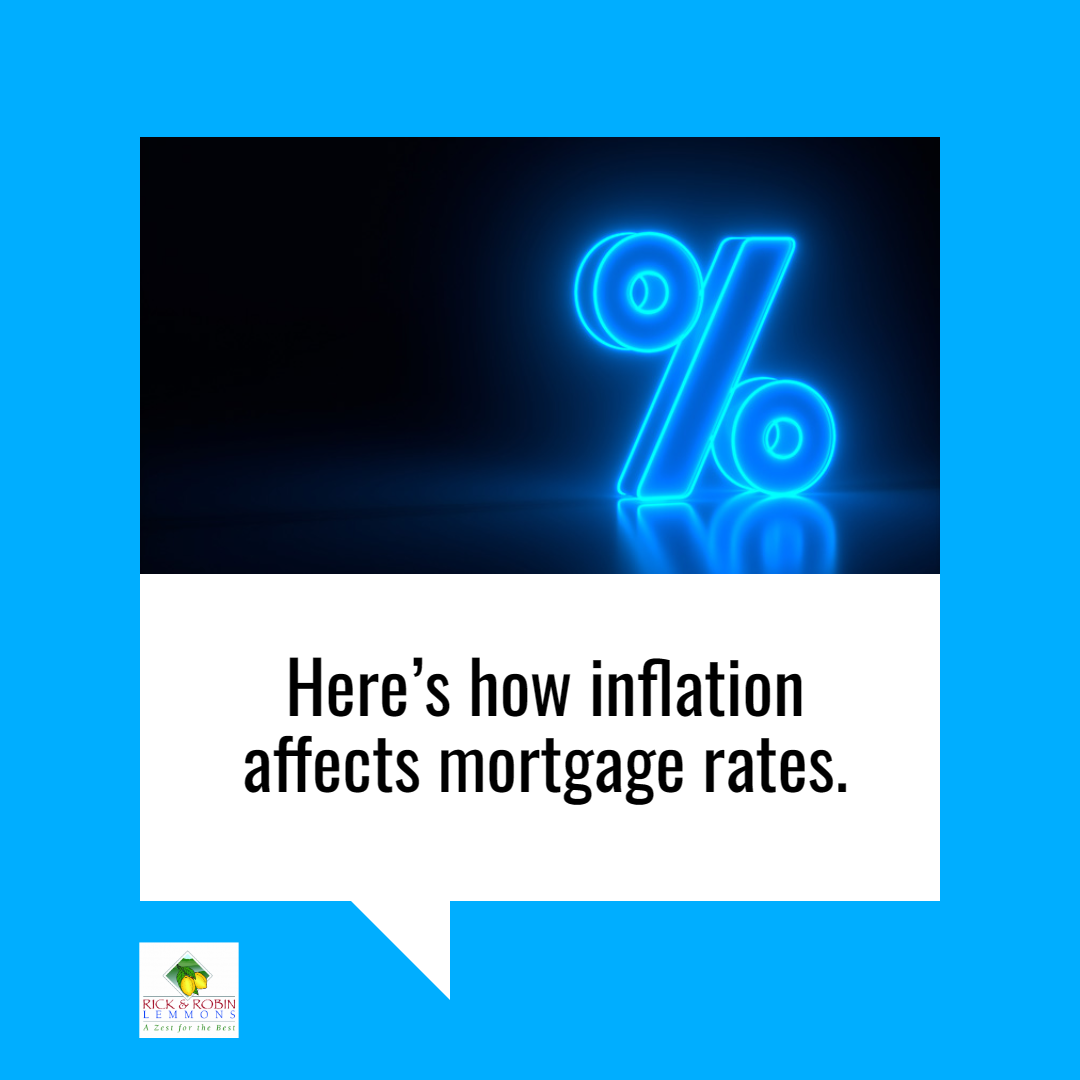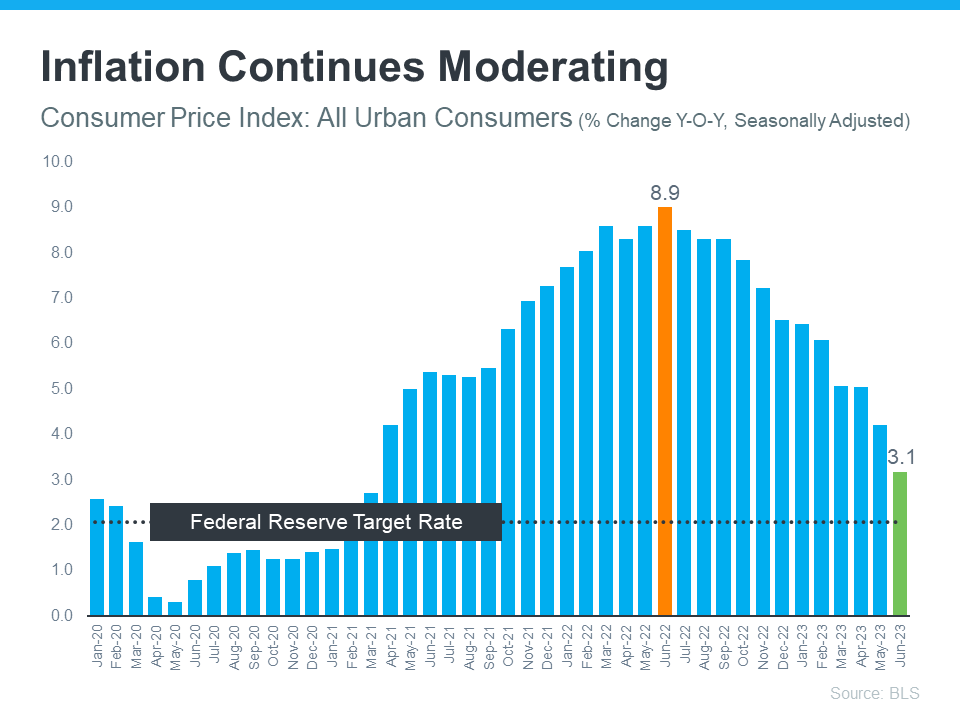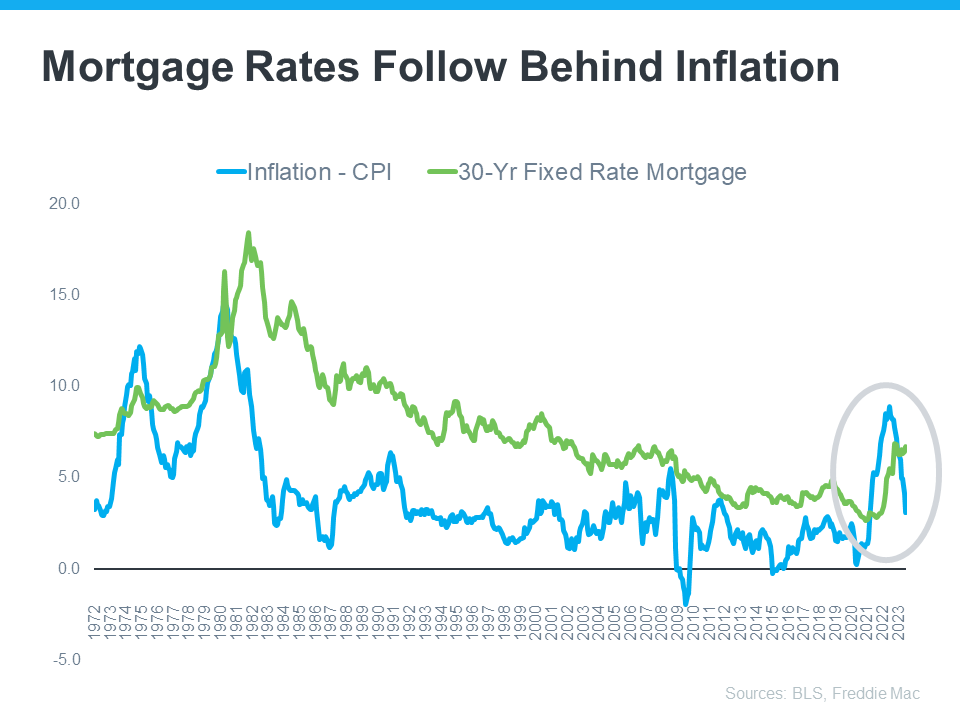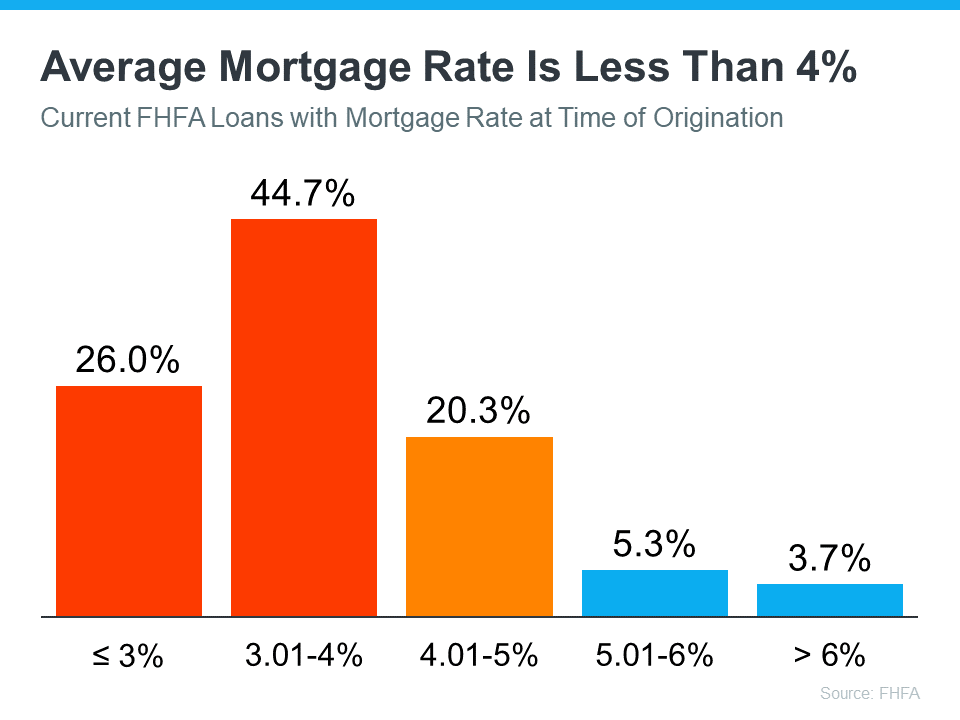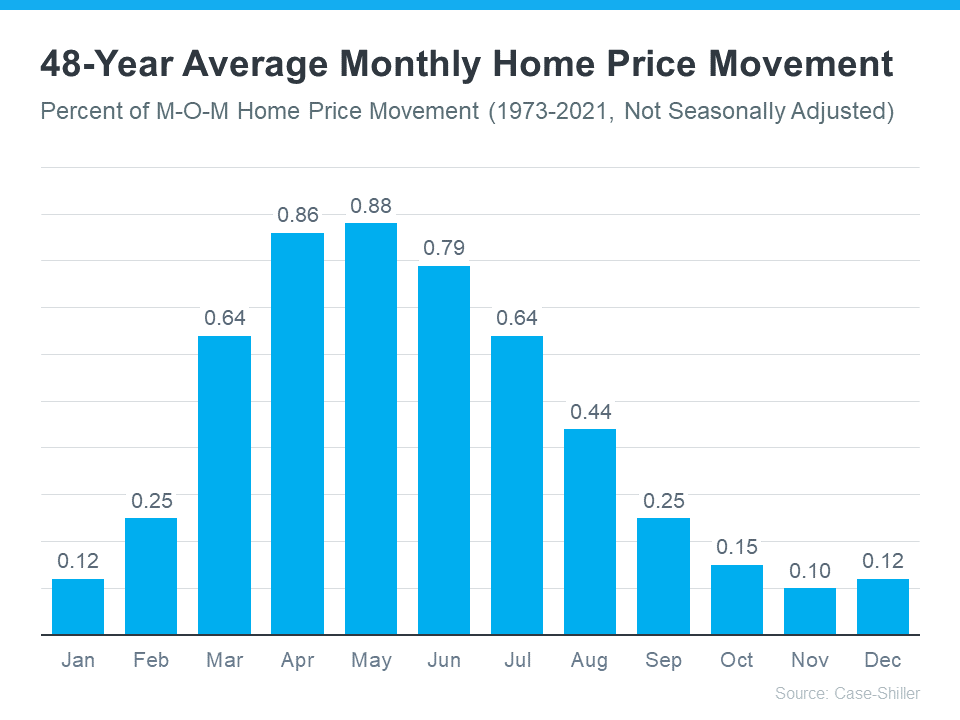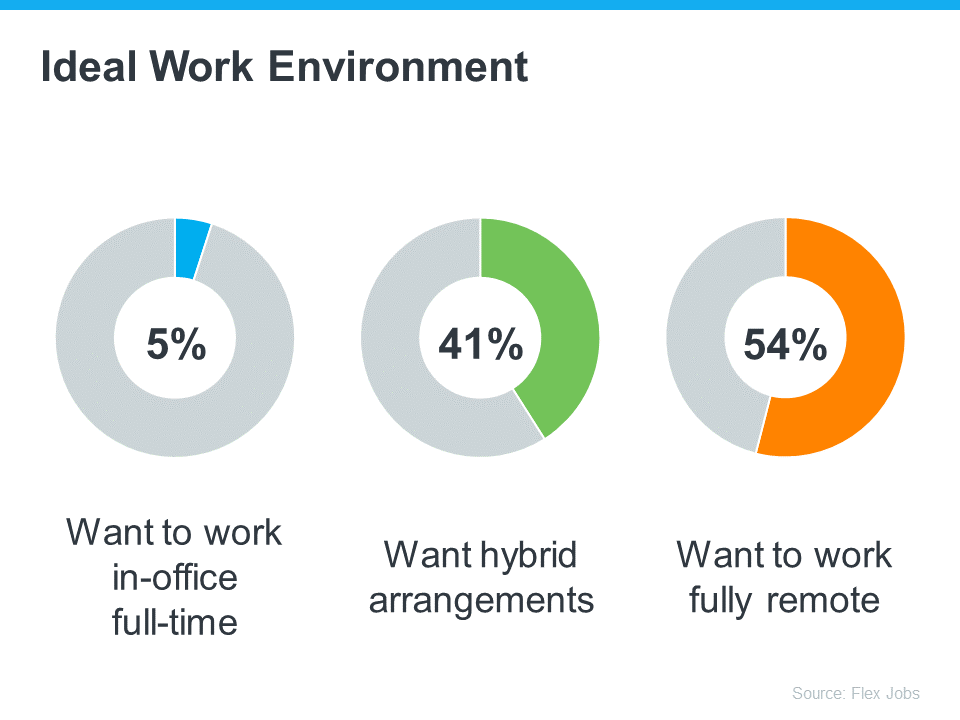People Want Less Expensive Homes – And Builders Are Responding

In today’s housing market, there are two main affordability challenges impacting buyers: mortgage rates that are higher than they’ve been the past couple of years, and rising home prices caused by low inventory. To overcome those challenges, many people are working with their agents to find less expensive homes. And with newly built homes making up a historically large percentage of the total available inventory today, that search often includes brand new homes.
People Are Spending Less on Newly Built Homes
The graph below uses the latest information from the Census to show, in June, more of the newly built home sales in this country were in lower price ranges than in 2022: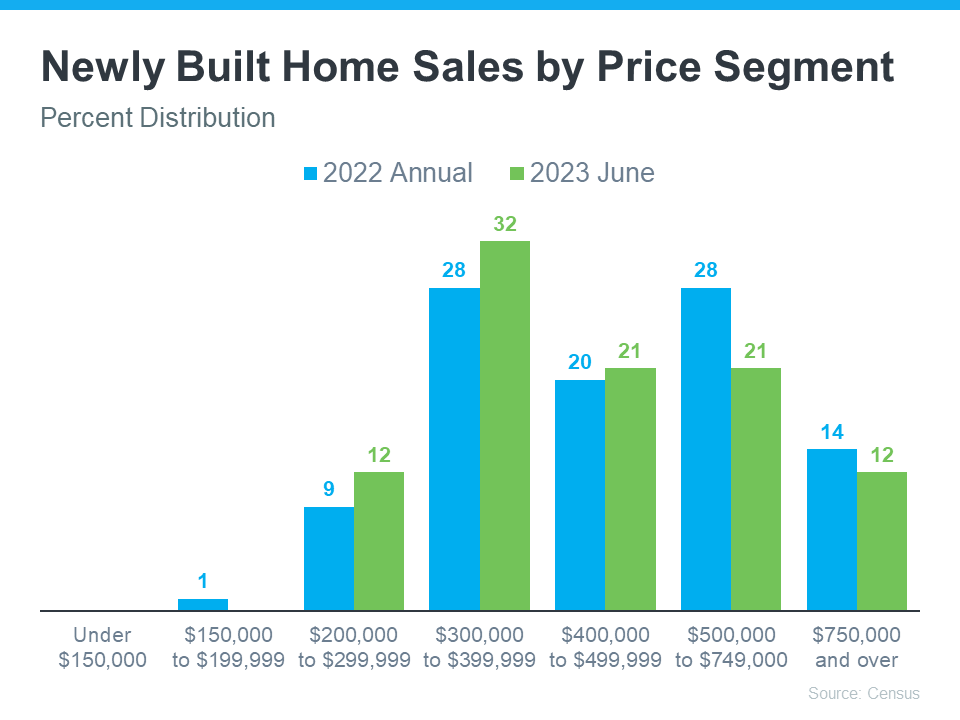 Last year, only 58% of newly built home sales were less than $500,000. This June, that number was up to 65%. This means more people are buying less expensive newly built homes right now while affordability remains a challenge.
Last year, only 58% of newly built home sales were less than $500,000. This June, that number was up to 65%. This means more people are buying less expensive newly built homes right now while affordability remains a challenge.
Builders Are Offering Lower-Cost Options
Builders have picked up on this trend and are reacting accordingly. George Ratiu, Chief Economist at Keeping Current Matters, explains:
“Builders are also responding to this shift by bringing slightly smaller homes to market in an effort to meet lower price points . . .”
New data from the Census further confirms this pattern – it shows the median sales price of newly built homes has dipped down in recent months (see graph below):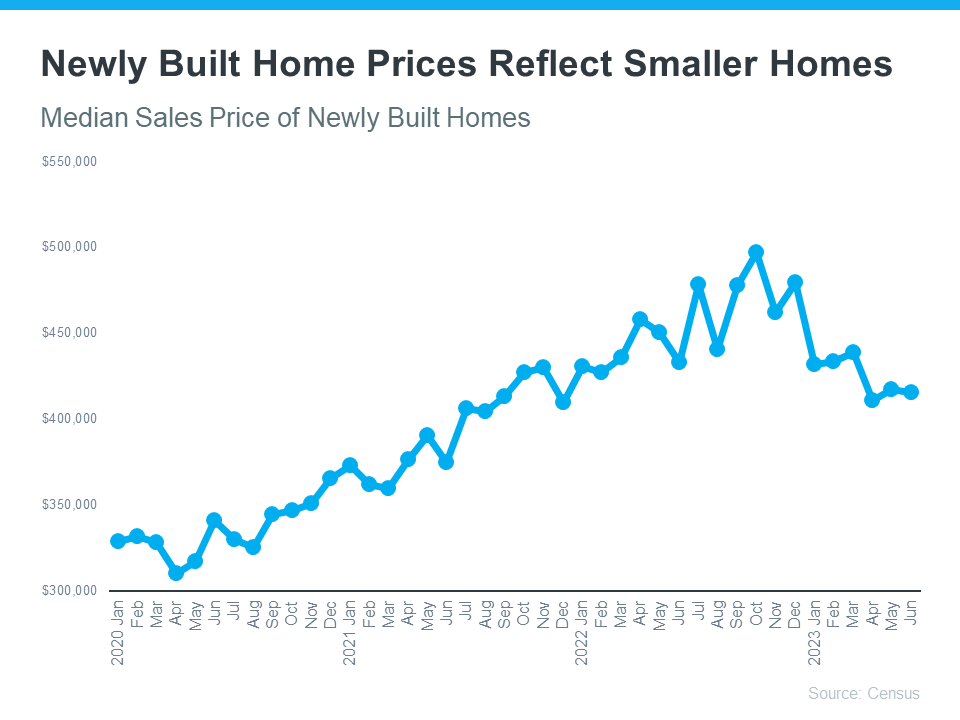 And as Mikaela Arroyo, Director of the New Home Trends Institute at John Burns Real Estate Consulting, says, the builders who are most responsive to this trend are forming pathways to homeownership:
And as Mikaela Arroyo, Director of the New Home Trends Institute at John Burns Real Estate Consulting, says, the builders who are most responsive to this trend are forming pathways to homeownership:
“. . . it is creating opportunities for people to be able to afford an entry-level home in an area. . . . if you get that size down, that automatically will make it a more affordable home. The [builders] that are decreasing [size] the most are probably the ones that try to build more of an affordable product.”
How an Agent Can Help
Builders producing smaller, less expensive newly built homes give you more affordable options at a time when that’s really needed. If you’re hoping to buy a home soon, partner with a local real estate agent to find out what’s available in your area. An agent can help you look at newly built homes or ones under construction nearby.
Bottom Line
If you’re having a hard time finding a home you like in your budget, let’s connect. You need a real estate professional who knows all about the latest inventory in our area, including homes still under construction or just built. That way you have an expert on your side who can provide information on builder reputations, builder contracts and negotiations, and more to help you with the homebuying process.


 Facebook
Facebook
 X
X
 Pinterest
Pinterest
 Copy Link
Copy Link
